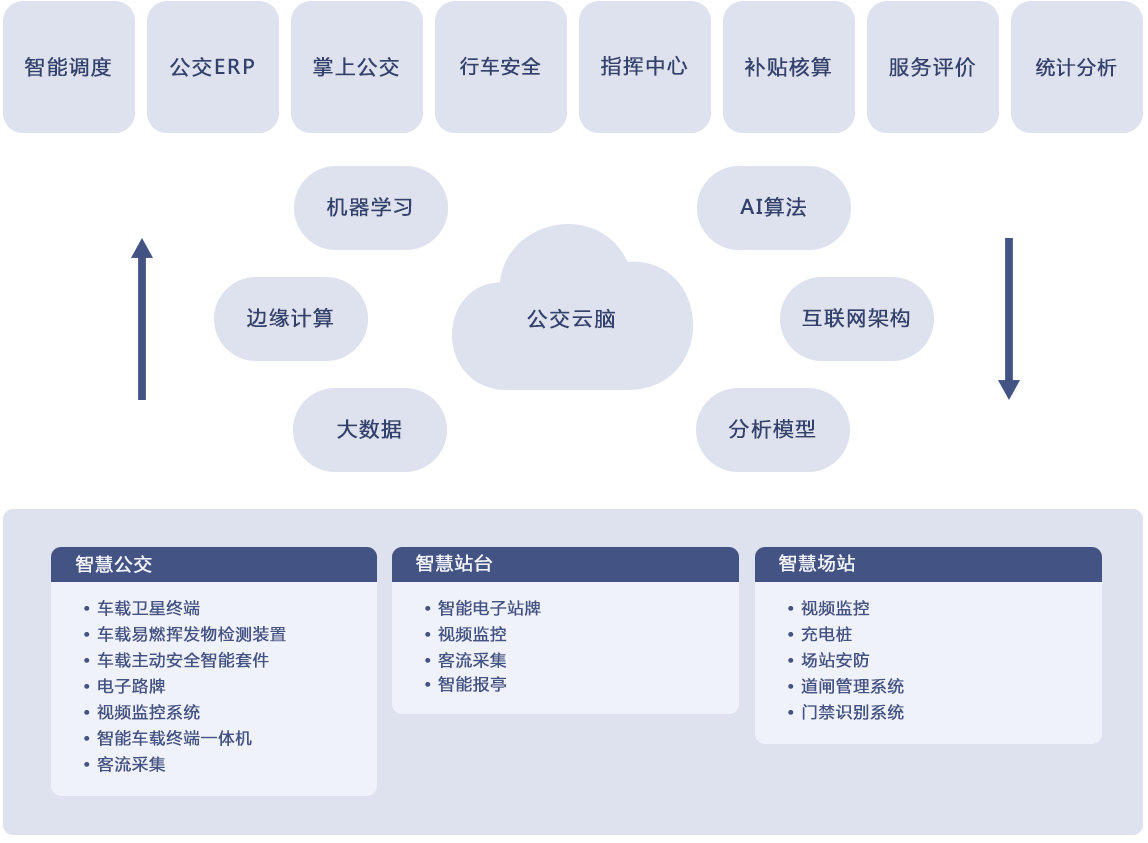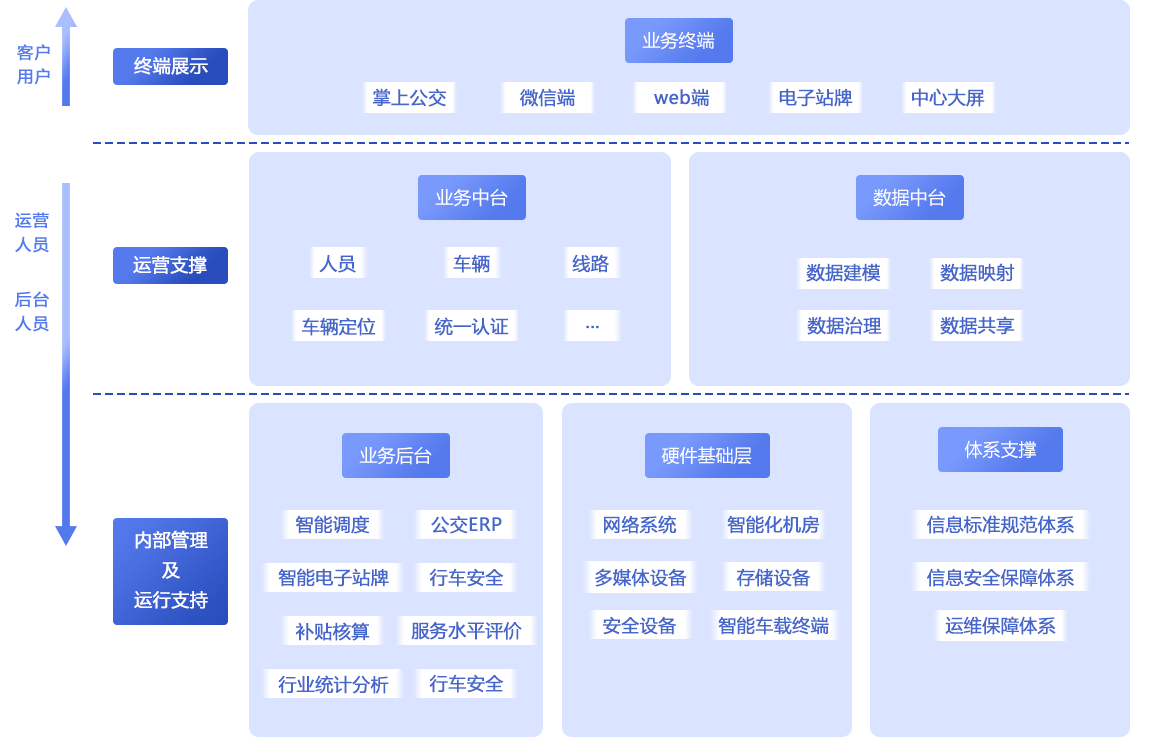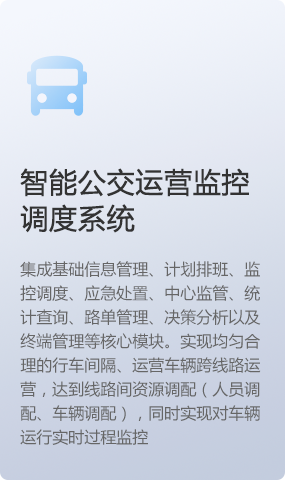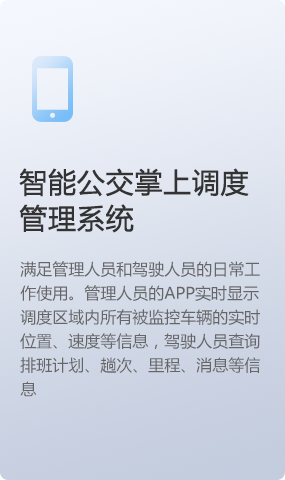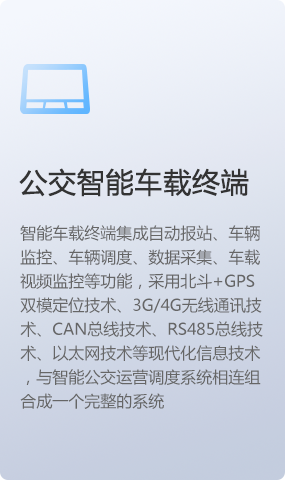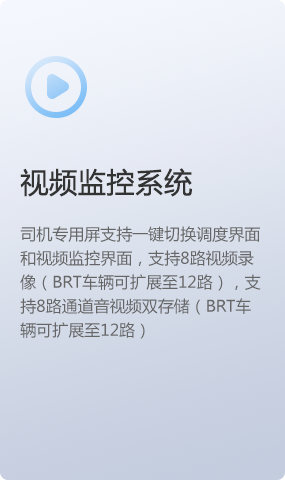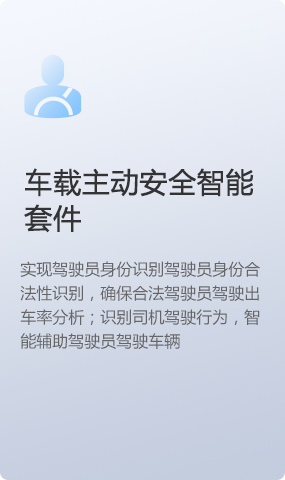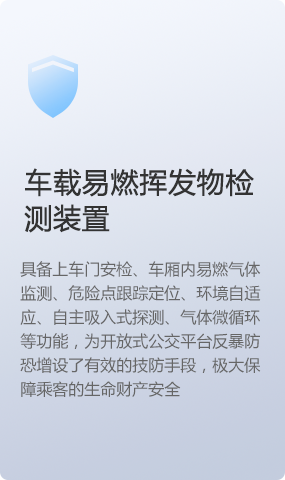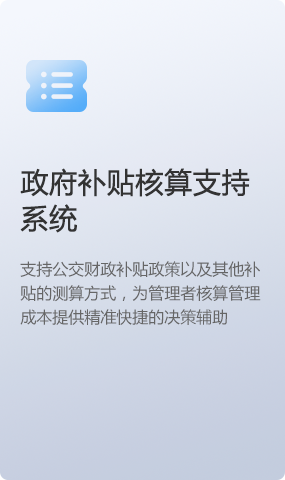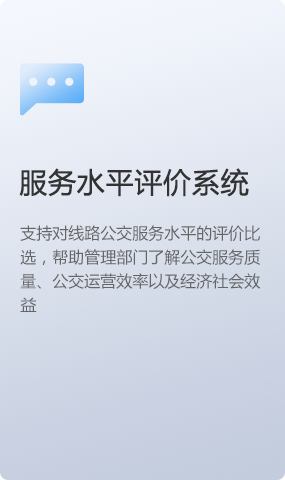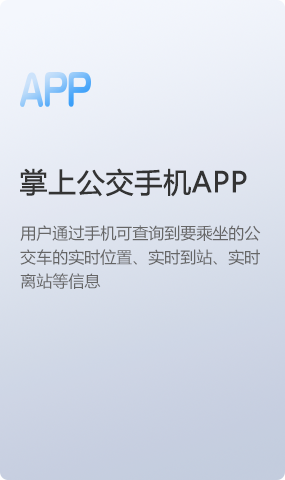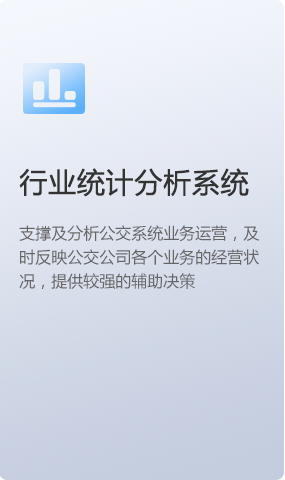Comprehensive Smart Bus Solution
Business Background
Urban public transportation is a social public welfare undertaking that meets the basic travel needs of the people. It is an important part of the transportation service industry, closely related to people's production and life, inseparable from urban operation and economic development, and a basic public service and major livelihood project that the government needs to provide.
Industry Status
Daily management completely relies on manual paper-based office work, unable to meet the needs of future operational scale expansion
Commanding vehicle dispatch through manual monitoring of real-time video, unable to achieve passenger flow analysis solely from cameras
Some bus routes lack safety prevention and control measures, requiring human assistance to complete
Lack of effective integration mechanism internally, silo effect is prominent, unable to exert the overall benefits of the enterprise
Bus information release lags; poor passenger waiting and riding experience, unable to meet the development trend of the intelligent era
Lack of systematic, scientific big data analysis, difficult to control management initiative from a global and detailed perspective
Our Solution
